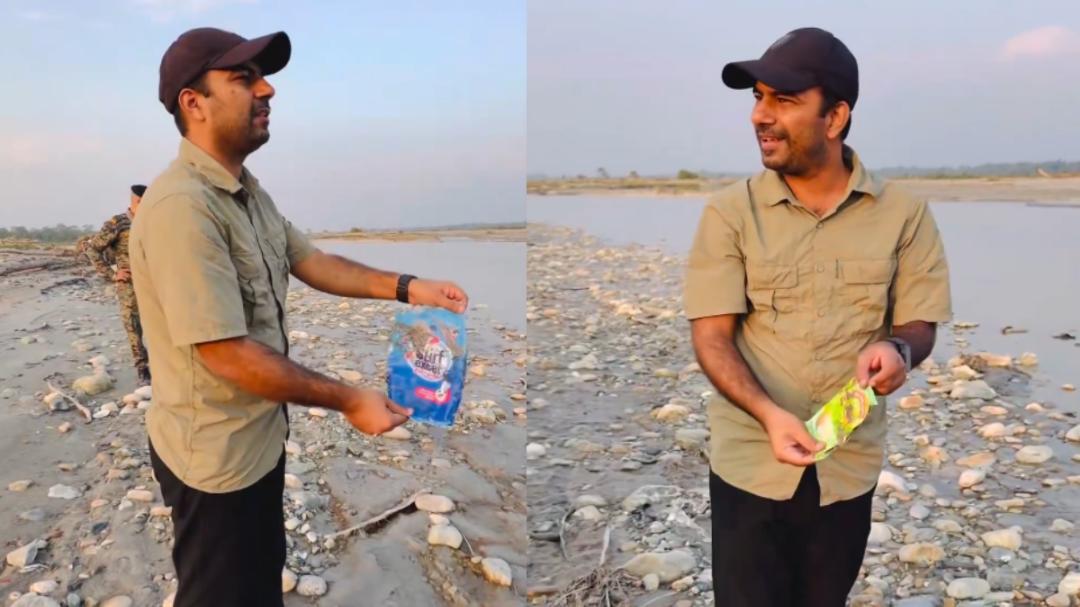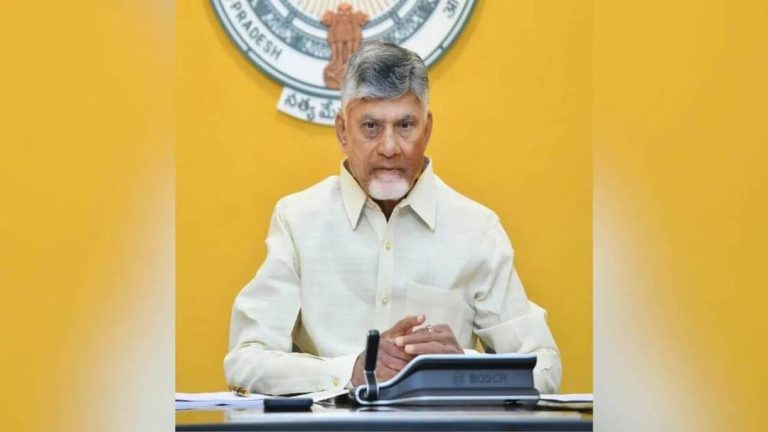
IFS Officer Shows Shocking Plastic Waste in India’s National Park
The beauty of India’s national parks is a sight to behold, with their lush green forests, diverse wildlife, and pristine landscapes. However, a recent video shared by Indian Forest Service (IFS) officer Parveen Kaswan has revealed a disturbing reality that threatens to destroy the very essence of these protected areas. The video, which has gone viral on social media, shows plastic bags and other waste scattered inside a remote national park, despite the absence of human presence nearby.
The video, which was shared by Kaswan on his Twitter handle, has sparked a heated debate online, with many users expressing their outrage and concern over the issue of plastic pollution in India’s wildlife zones. Kaswan explained that the plastic waste likely travelled through floods or water channels, highlighting the alarming fact that plastic can spread far and wide, even reaching remote and inaccessible areas.
The video has raised important questions about the country’s waste management systems and the effectiveness of measures to prevent plastic pollution. It is shocking to think that plastic waste can travel so far and reach even the most pristine and protected areas, causing harm to the environment and wildlife. The fact that the national park is located in a remote area, far from human habitation, makes it even more disturbing, as it suggests that the plastic waste is not just a local problem, but a national issue that requires immediate attention.
Kaswan’s post has sparked a wave of criticism online, with many users slamming the poor waste management systems in India and warning that plastic pollution is reaching even the country’s wildlife zones. The video has also prompted many to call for urgent action to address the issue of plastic pollution, which is not only harming the environment, but also posing a threat to human health.
The issue of plastic pollution is a complex one, and it requires a multi-faceted approach to solve. It is not just a matter of reducing plastic use, but also of ensuring that waste is managed and disposed of properly. The government, businesses, and individuals all have a role to play in addressing this issue, and it is only through collective action that we can hope to mitigate the effects of plastic pollution.
One of the main reasons why plastic pollution is such a big problem in India is the lack of effective waste management systems. In many parts of the country, waste is not collected or disposed of properly, and it often ends up in water bodies, forests, and other natural areas. This not only harms the environment, but also poses a threat to human health, as plastic waste can contaminate water sources and soil.
Another reason why plastic pollution is a major issue in India is the widespread use of single-use plastics. Plastic bags, bottles, and other single-use items are used extensively in the country, and they often end up in the environment, causing harm to wildlife and the ecosystem. The government has taken some steps to address this issue, such as banning the use of single-use plastics in some states, but more needs to be done to reduce plastic use and promote sustainable practices.
The video shared by Kaswan is a wake-up call for all of us, and it highlights the need for urgent action to address the issue of plastic pollution. It is not just a matter of protecting the environment, but also of ensuring that our wildlife and natural areas are preserved for future generations. We need to work together to reduce plastic use, improve waste management systems, and promote sustainable practices, if we are to mitigate the effects of plastic pollution and protect the beauty and diversity of India’s national parks.
In conclusion, the video shared by IFS officer Parveen Kaswan is a shocking reminder of the plastic waste problem in India’s national parks. It highlights the need for urgent action to address the issue of plastic pollution, which is not only harming the environment, but also posing a threat to human health. We need to work together to reduce plastic use, improve waste management systems, and promote sustainable practices, if we are to protect the beauty and diversity of India’s national parks and wildlife zones.




